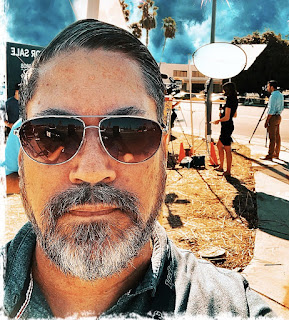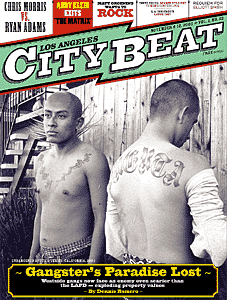Dennis Romero writes news and features

News and features: Trump wears mask in public setting for the first time (NBC News, July 11, 2020) Surfing confronts sport's racist past (NBC News, June 21, 2020) Coronavirus economy could burst America's big-city rent bubble (NBC News, April 10, 2020) YouTube thrives as a window for those isolated by coronavirus (NBC News, April 1, 2020) California's cannabis black market has eclipsed its legal one (NBC News, Sept. 20, 2019) Vintage roller coaster fans see familiar tech in Elon Musk's Loop tunnel (NBC News, Nov. 29, 2018) Migrants met with fear, disdain in Tijuana, Mexico (NBC News, Nov. 17, 2018) A Chicano renaissance? (NBC News, July 15, 2018) A comedian’s Cholofit videos spoof gentrification (Washington Post, April 6, 2018) Visiting Friendship Park in the Trump era (California Sunday Magazine, March 29, 2018) Pop music coverage: Country legend Charley Pride succumbs to Covid-19 complications (NBC News, Dec. 12, 2020) DJ Erick Morillo, who helped...




